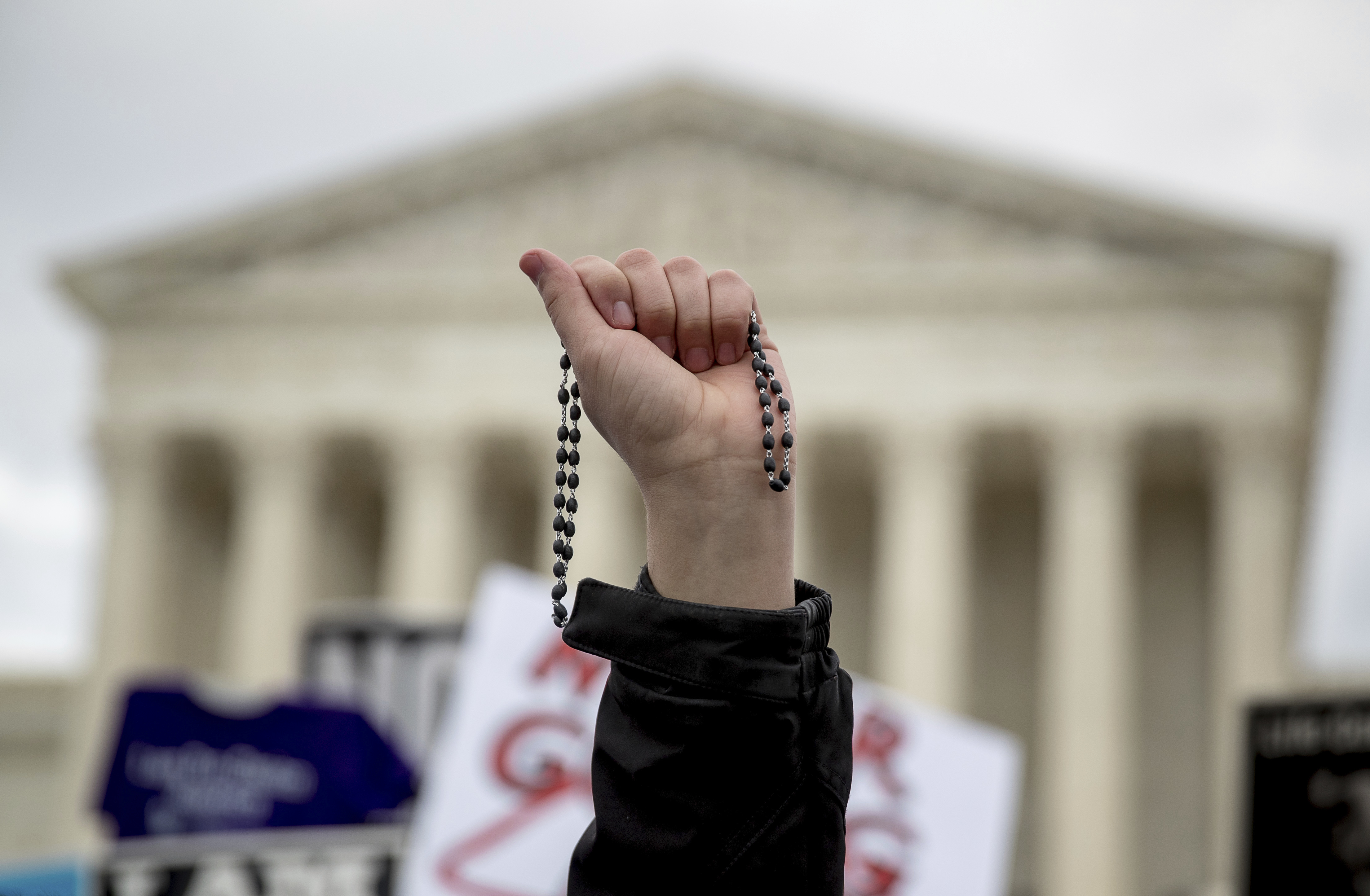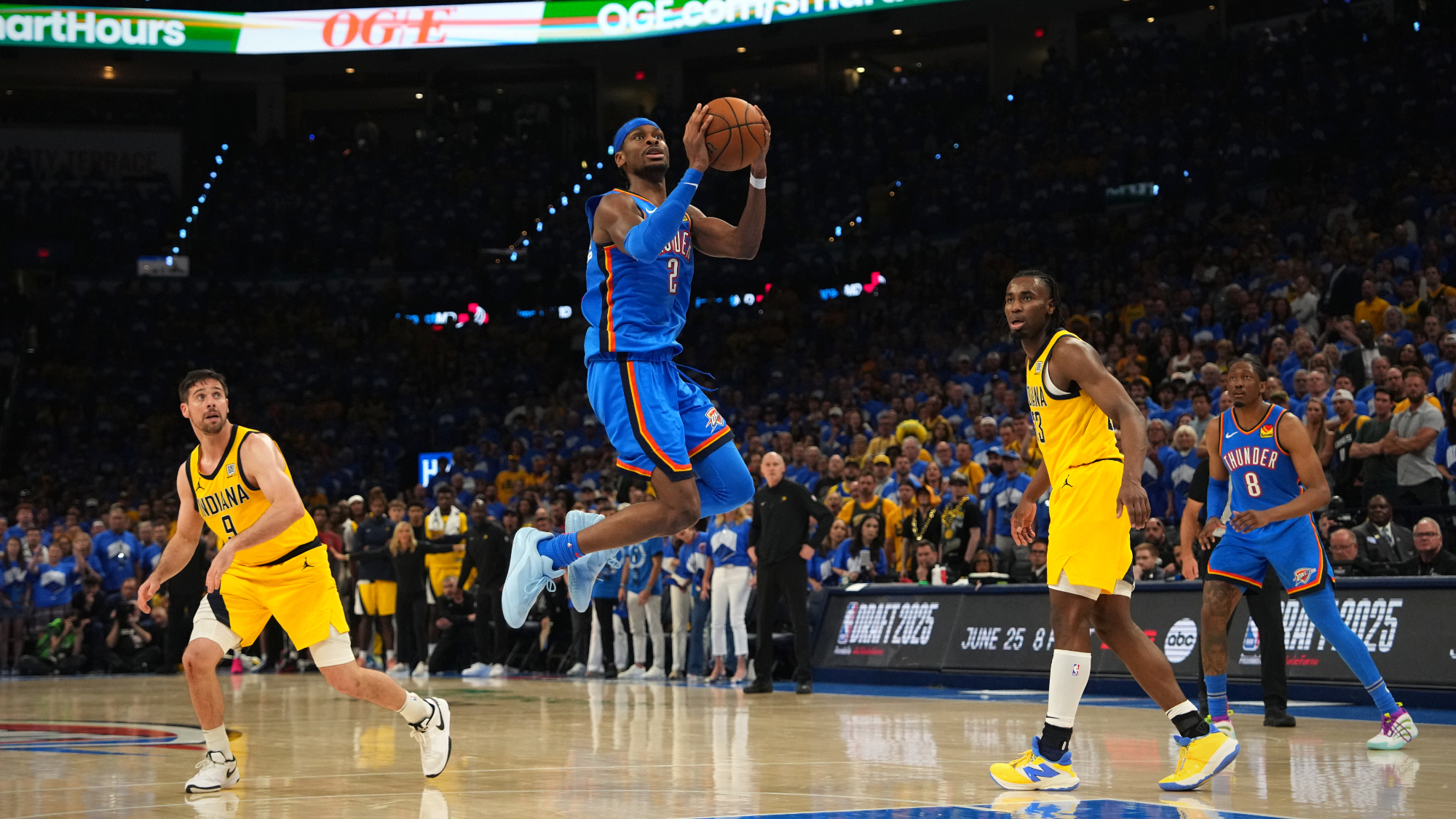The sad politicization of Christianity
Christians like Roy Moore have won the battle for "Christianity." Maybe it's time for a Reformation.


Religion and politics have always comingled in America. Public officials have relied on their religious values and those of their constituents since the United States was founded, and for the most part, those values were heavily influenced by Christianity. But if being a Christian was part of your political identity, it wasn't the whole loaf of bread. A Christian could be an FDR Democrat or a Reagan Republican, an anti-Prohibition hedonist or anti-evolution creationist, an anti-Masonic Whig or a pro-royalist Tory.
Well, times change. Christianity in America has been hammered into a sort of political identity of its own.
Of course, millions of Christians still regularly attend church and accept Jesus Christ as the son of God and their Lord and Savior, many of them striving for lives of humble faith and quiet service. But many others loudly grouse about how nobody's allowed to say Christmas anymore, or warn ominously about how America is losing its "Christian identity." For them, Christianity seems to be a political club, a cultural marker.
Subscribe to The Week
Escape your echo chamber. Get the facts behind the news, plus analysis from multiple perspectives.

Sign up for The Week's Free Newsletters
From our morning news briefing to a weekly Good News Newsletter, get the best of The Week delivered directly to your inbox.
From our morning news briefing to a weekly Good News Newsletter, get the best of The Week delivered directly to your inbox.
You can now be culturally Christian, too, without all the church stuff, so long as you sign up to be a solider in the culture war. And when you enlist, it's almost always on the conservative side.
The evolving capture of the word "Christian" by the Republican Party has been well documented, generally traced back to Jerry Falwell launching the Moral Majority in 1979. Vice President Mike Pence, who regularly introduces himself as "a Christian, a conservative, and a Republican, in that order," is a good example of this shift. When Pence started college, he was a Catholic and JFK Democrat. In 1978, he started down his path to evangelical Protestantism, and then, as McKay Coppins recounts in The Atlantic:
Pence had entered college a staunch supporter of Jimmy Carter, and he viewed the 1980 presidential election as a contest between a "good Christian" and a "vacuous movie star." But President Ronald Reagan won Pence over — instilling in him an appreciation for both movement conservatism and the leadership potential of vacuous entertainers that would serve him well later in life. [The Atlantic]
Using religion to achieve policy goals is defensible — black churches were a major organizing force in the civil rights movement, for example, and Catholic groups have been instrumental in curbing abortion rights. But at a certain point, priorities can get muddled and you can move from being soldiers for Christ to culture warriors willing or eager to sell out your values for power.
For conservative Christians, things got crooked when they began clearly losing the culture war, bunkered up, and girded themselves for existential battle. "The way evangelicals see the world, the culture is not only slipping away — it's slipping away in all caps, with four exclamation points after that," Christian Broadcasting Network journalist David Brody told The Atlantic.
That's when you get people choosing Roy Moore, a Republican with a credibly documented history of predatory behavior toward teenage girls, over Doug Jones, a moderate Democrat who successfully prosecuted two KKK members for helping bomb a black church in Birmingham, killing four girls, because the Republican will support tax cuts, oppose abortion, and vote for conservative judges. Alabama voters, especially "devoted Christians" in the state, will be "telling us what they think the word 'Christian' means" in Tuesday's special Senate election, E.J. Dionne writes at The Washington Post:
Do they really want their faith defined by those who tried to justify Moore's alleged relationships with young teenagers by invoking the Holy Family and saying that Joseph was older than Mary (which, besides being absurd, is biblically unfounded)? Or by arguing that an interest in young girls might be explained by a desire for "a large family," as a professor at Ouachita Baptist University wrote? Do those saying such things not realize that they are helping to discredit the very tradition they claim to be defending? No atheist could inflict this much damage to the faith. [The Washington Post]
Christianity is one of the world's great religions. But everything today is a brand. Everything is political. When Americans — even many Christians or Christianity-curious on the left or in the middle — hear the word Christian, they think of Franklin Graham, Ralph Reed, and Ted Nugent, not Jimmy Carter and Stephen Colbert. That's a branding coup. And it's terrible for Christianity's future.
Numerous surveys in the past two years have shown that the number of people who identify as religious is falling rapidly in the U.S., with the number of Christians — in all denominations — shrinking more and the religiously unaffiliated ("nones") growing larger with each newer generation. The "Christian" brand is not selling, and that affects all Christian churches, even the liberal ones.
Christians of good faith should be able to find common ground on at least a few issues, and recognize the benefit in doing so. Pence's "servant leadership" paradigm should remind all Christians in positions of power that they lead by example, lead by serving, not by sending the faithful into trench warfare for lower corporate tax rates or, worse, cultural revenge.
If being "Christian" means you love guns and the American flag and hate gay people and Democrats, your religion has a pretty finite appeal. If it means you don't have to step into a church, you are going to get increasingly empty pews. If your concern is that America is ceasing to become a Christian nation, embracing this brand of "Christianity" makes you a prophet of your own doomsday scenario.
A free daily email with the biggest news stories of the day – and the best features from TheWeek.com
Peter has worked as a news and culture writer and editor at The Week since the site's launch in 2008. He covers politics, world affairs, religion and cultural currents. His journalism career began as a copy editor at a financial newswire and has included editorial positions at The New York Times Magazine, Facts on File, and Oregon State University.
-
 7 places across the country to experience the best of summer drinking
7 places across the country to experience the best of summer drinkingThe Week Recommends Stops include a Basque-inspired spot and a bar where the menu overhauls twice a year
-
 Amazon's robotaxi looks to be Waymo's biggest competitor
Amazon's robotaxi looks to be Waymo's biggest competitorIn the Spotlight The company recently opened a new robotaxi production plant in California
-
 Thunder beat Pacers to clinch NBA Finals
Thunder beat Pacers to clinch NBA FinalsSpeed Read Oklahoma City Thunder beat the Indiana Pacers in Game 7 of the NBA Finals
-
 The JFK files: the truth at last?
The JFK files: the truth at last?In The Spotlight More than 64,000 previously classified documents relating the 1963 assassination of John F. Kennedy have been released by the Trump administration
-
 'Seriously, not literally': how should the world take Donald Trump?
'Seriously, not literally': how should the world take Donald Trump?Today's big question White House rhetoric and reality look likely to become increasingly blurred
-
 Will Trump's 'madman' strategy pay off?
Will Trump's 'madman' strategy pay off?Today's Big Question Incoming US president likes to seem unpredictable but, this time round, world leaders could be wise to his playbook
-
 Democrats vs. Republicans: who are the billionaires backing?
Democrats vs. Republicans: who are the billionaires backing?The Explainer Younger tech titans join 'boys' club throwing money and support' behind President Trump, while older plutocrats quietly rebuke new administration
-
 US election: where things stand with one week to go
US election: where things stand with one week to goThe Explainer Harris' lead in the polls has been narrowing in Trump's favour, but her campaign remains 'cautiously optimistic'
-
 Is Trump okay?
Is Trump okay?Today's Big Question Former president's mental fitness and alleged cognitive decline firmly back in the spotlight after 'bizarre' town hall event
-
 The life and times of Kamala Harris
The life and times of Kamala HarrisThe Explainer The vice-president is narrowly leading the race to become the next US president. How did she get to where she is now?
-
 Will 'weirdly civil' VP debate move dial in US election?
Will 'weirdly civil' VP debate move dial in US election?Today's Big Question 'Diametrically opposed' candidates showed 'a lot of commonality' on some issues, but offered competing visions for America's future and democracy
